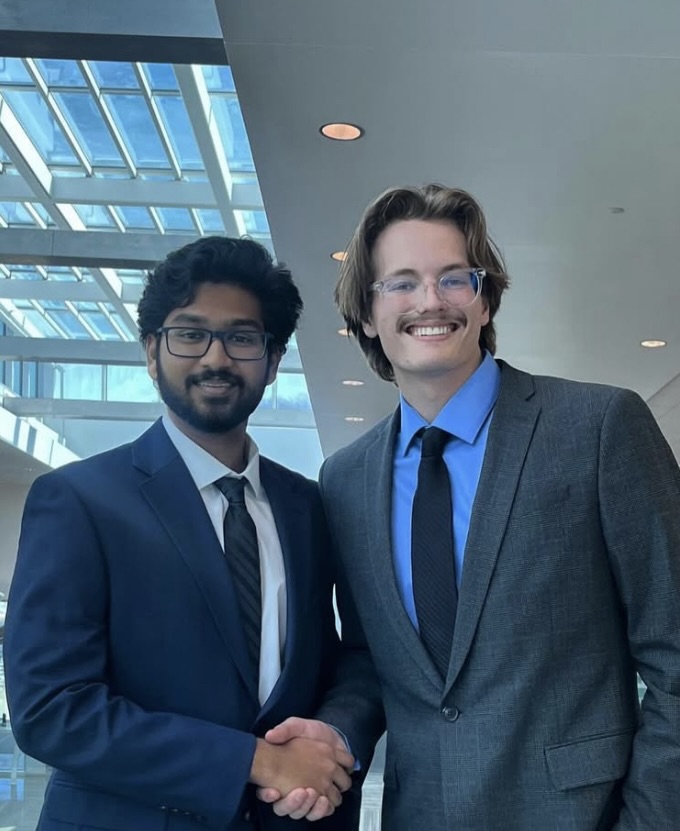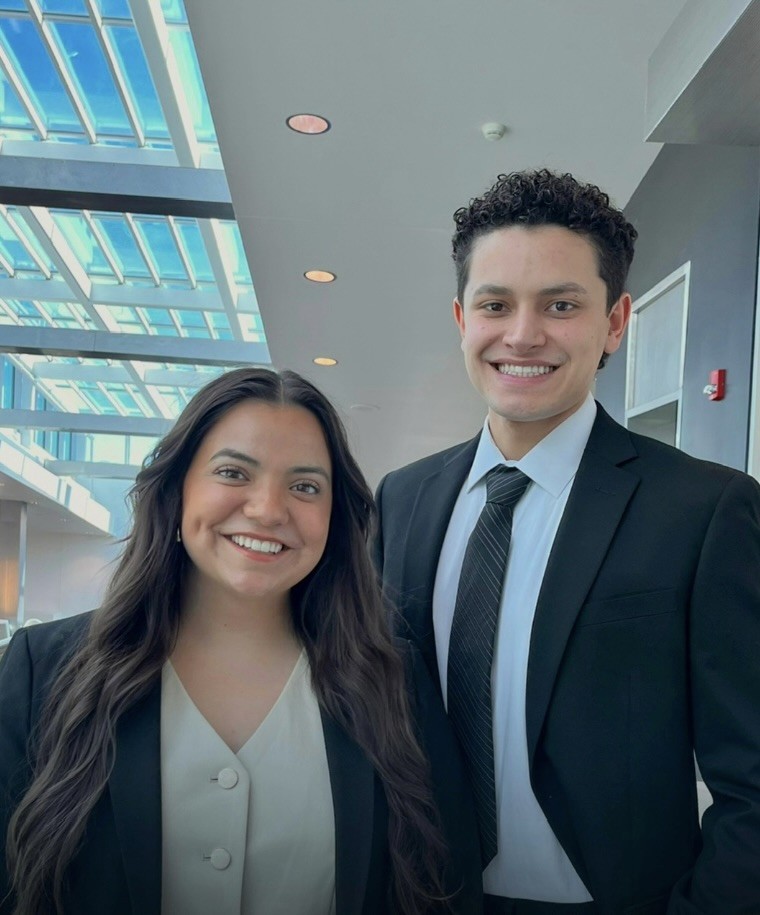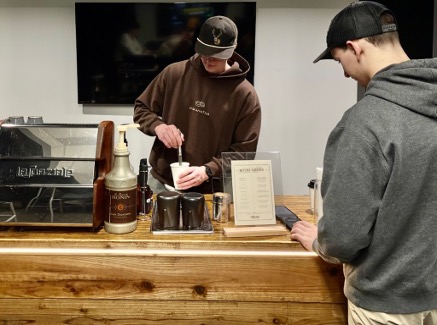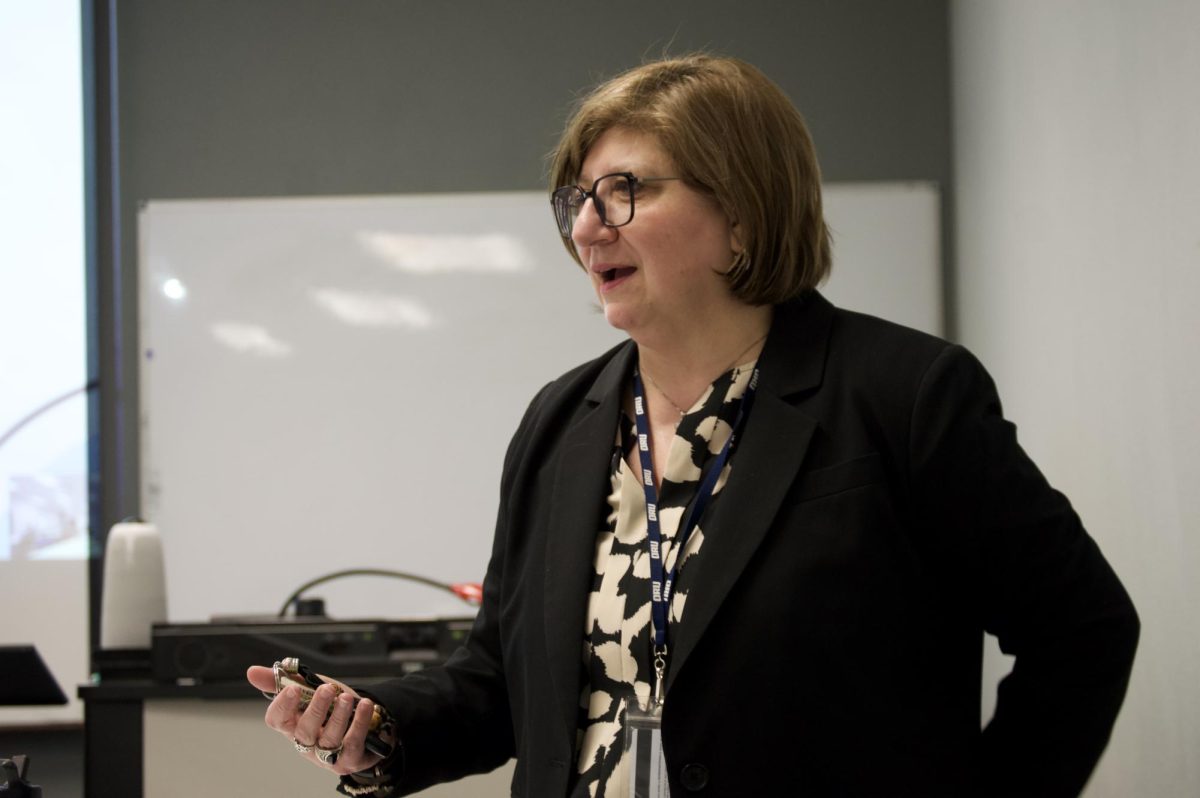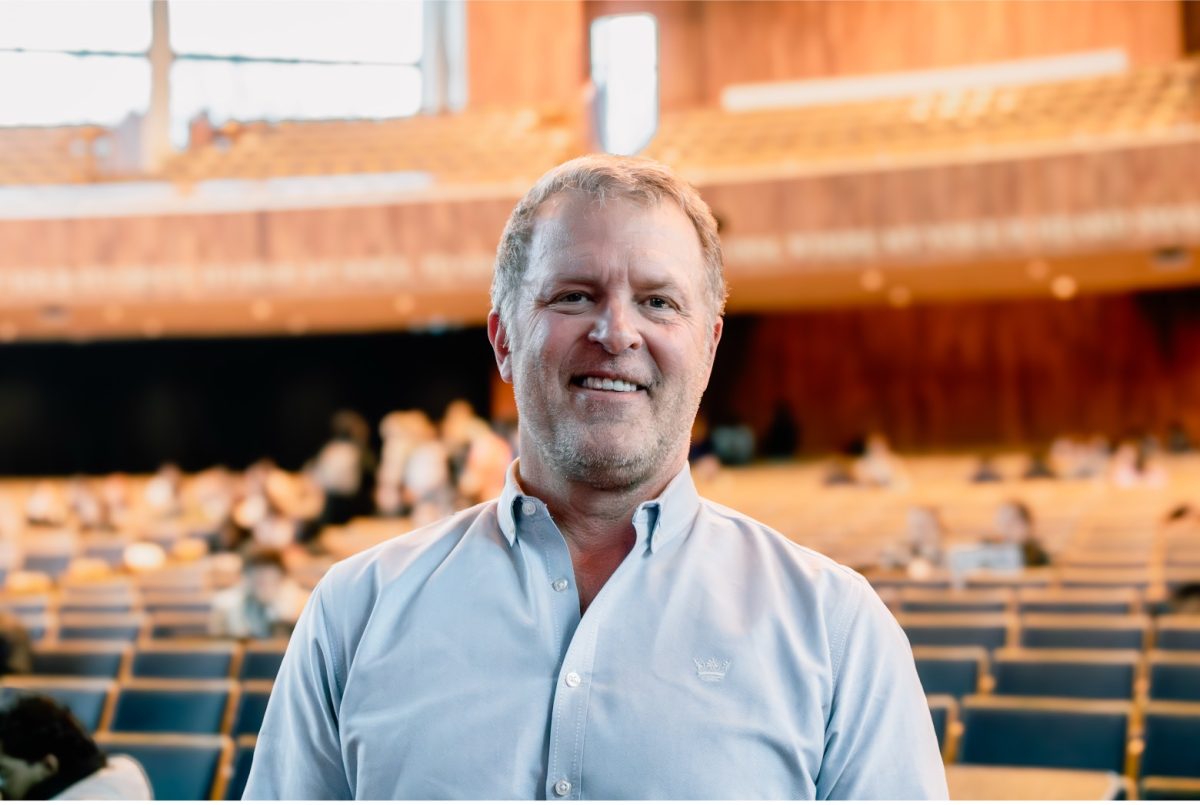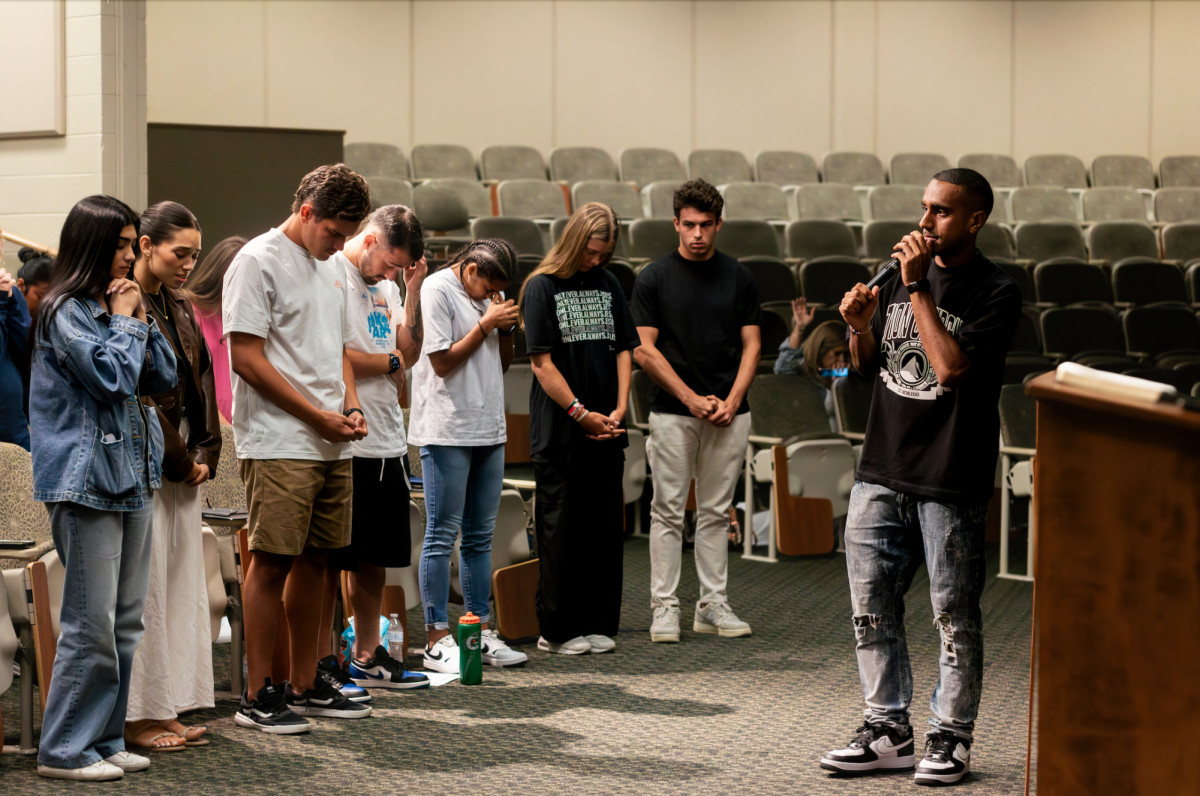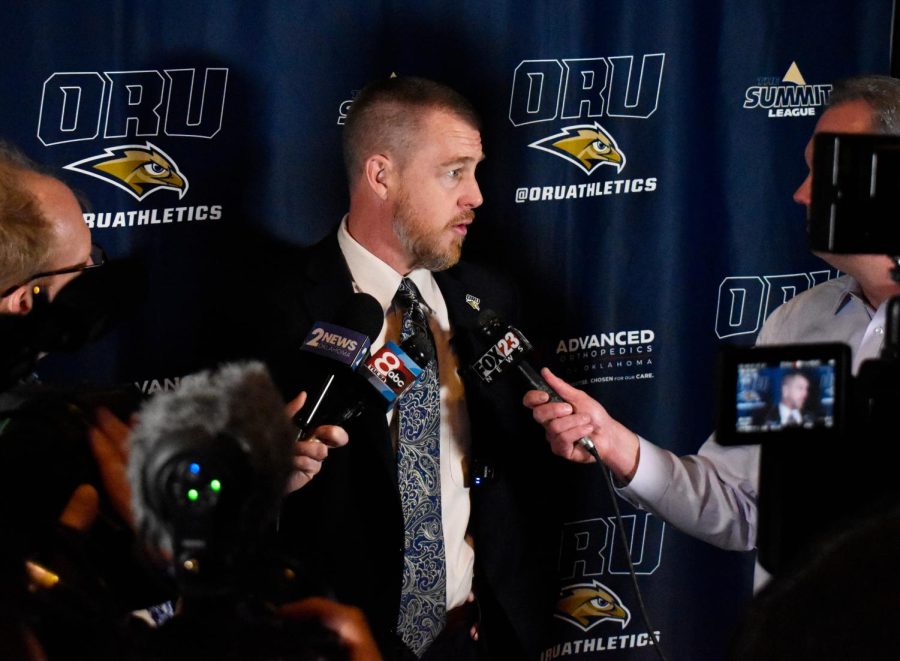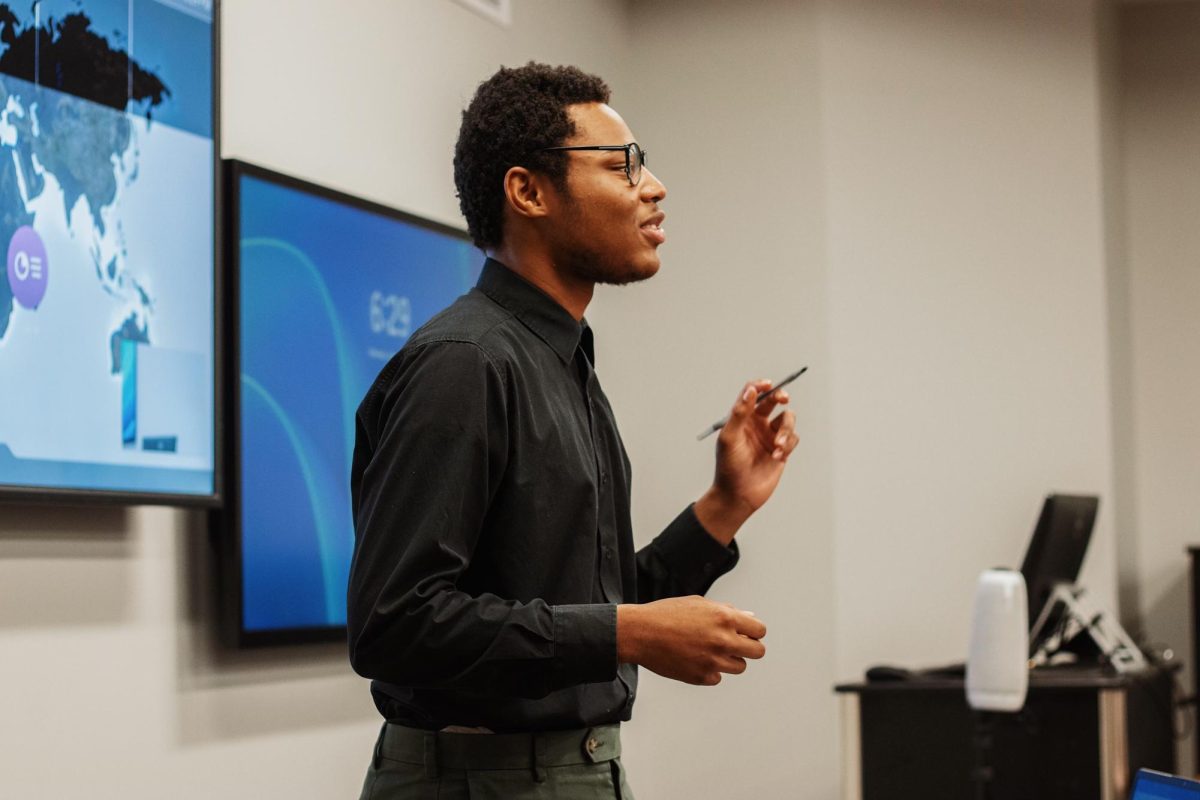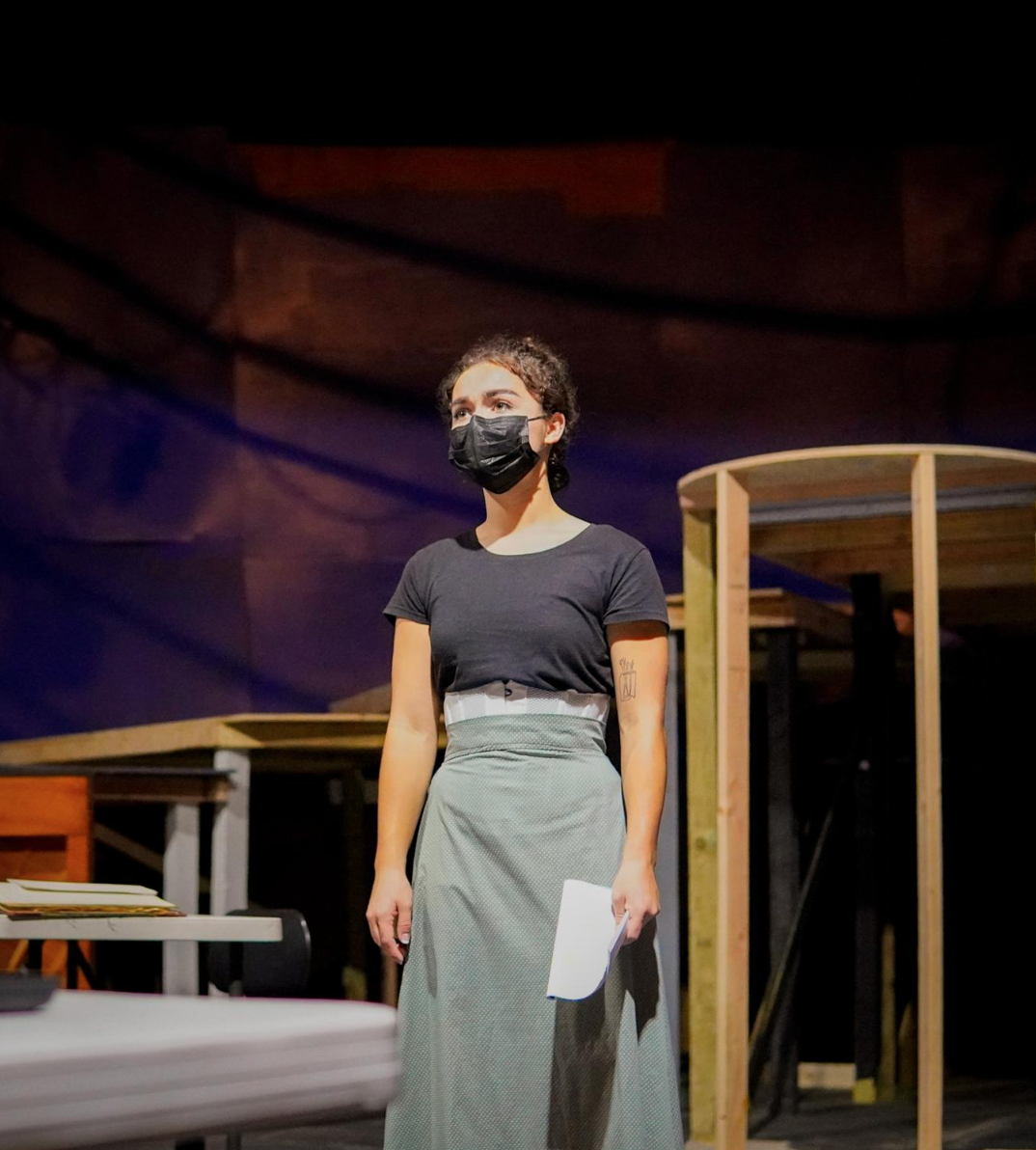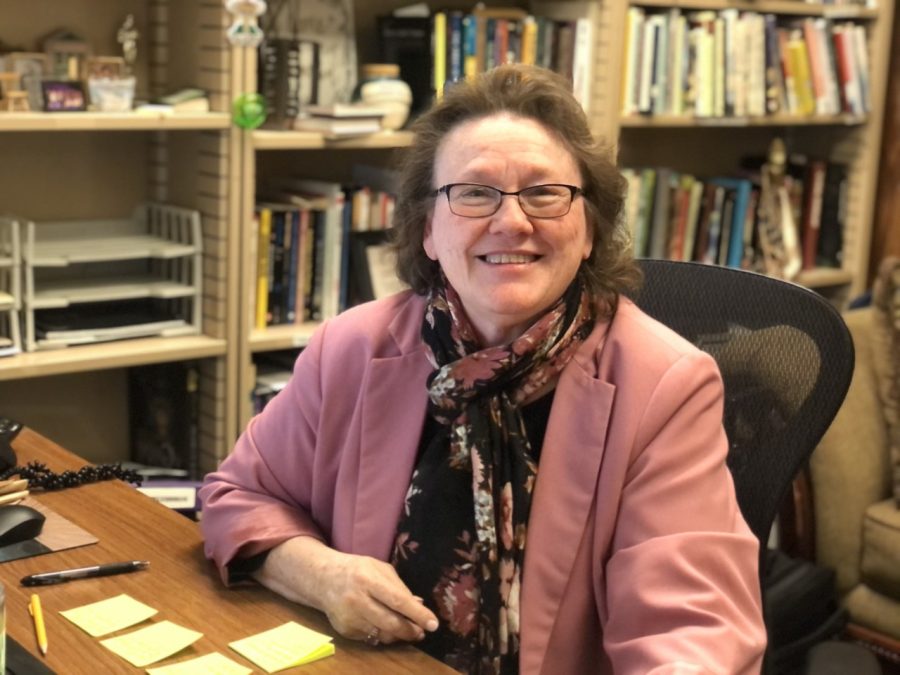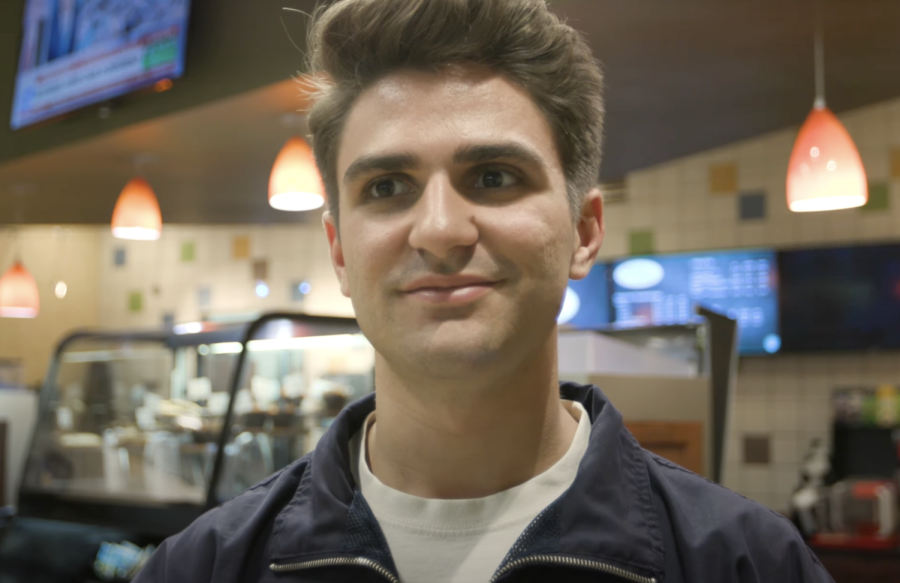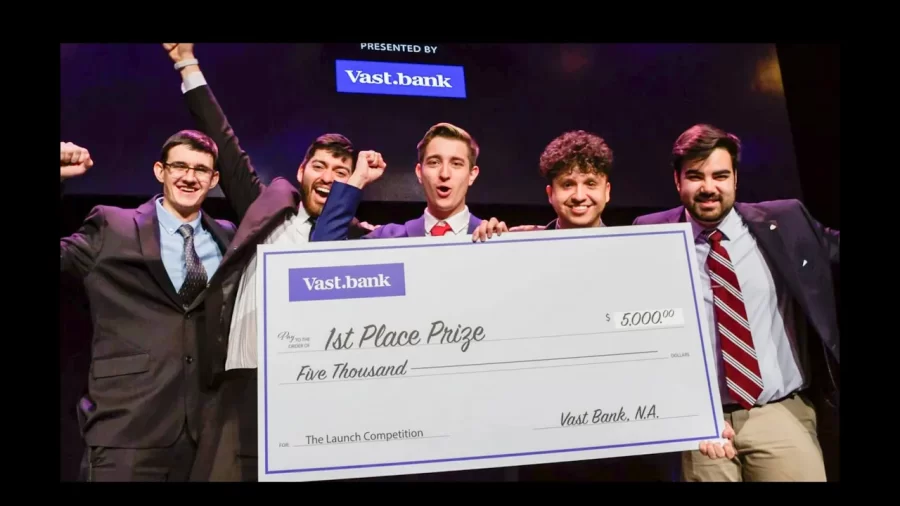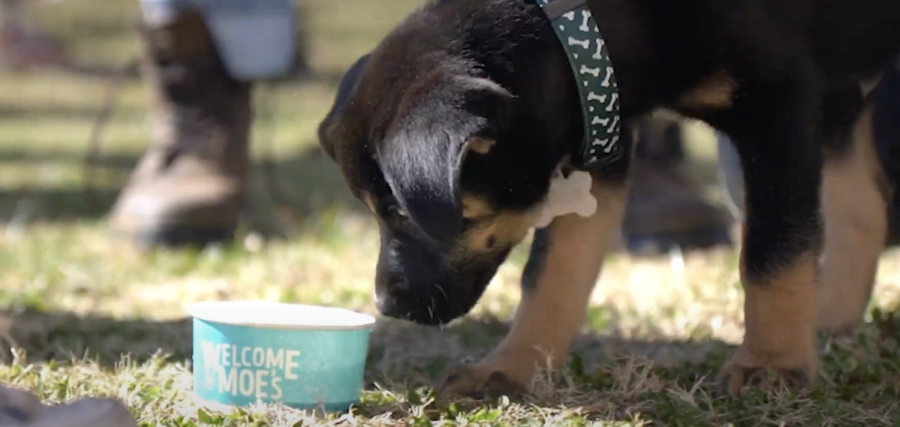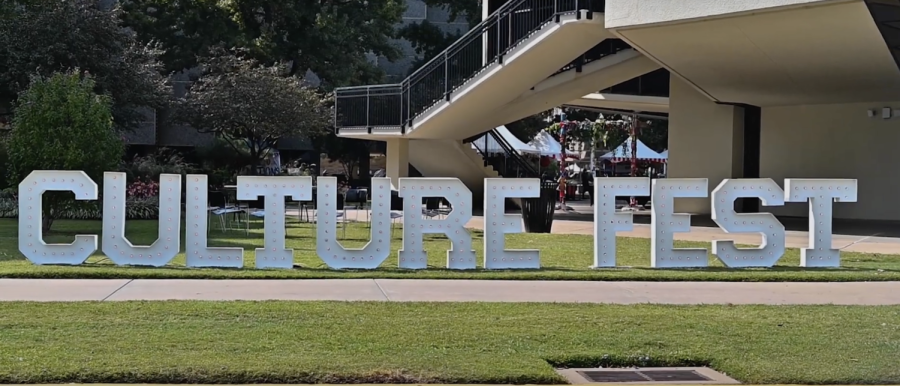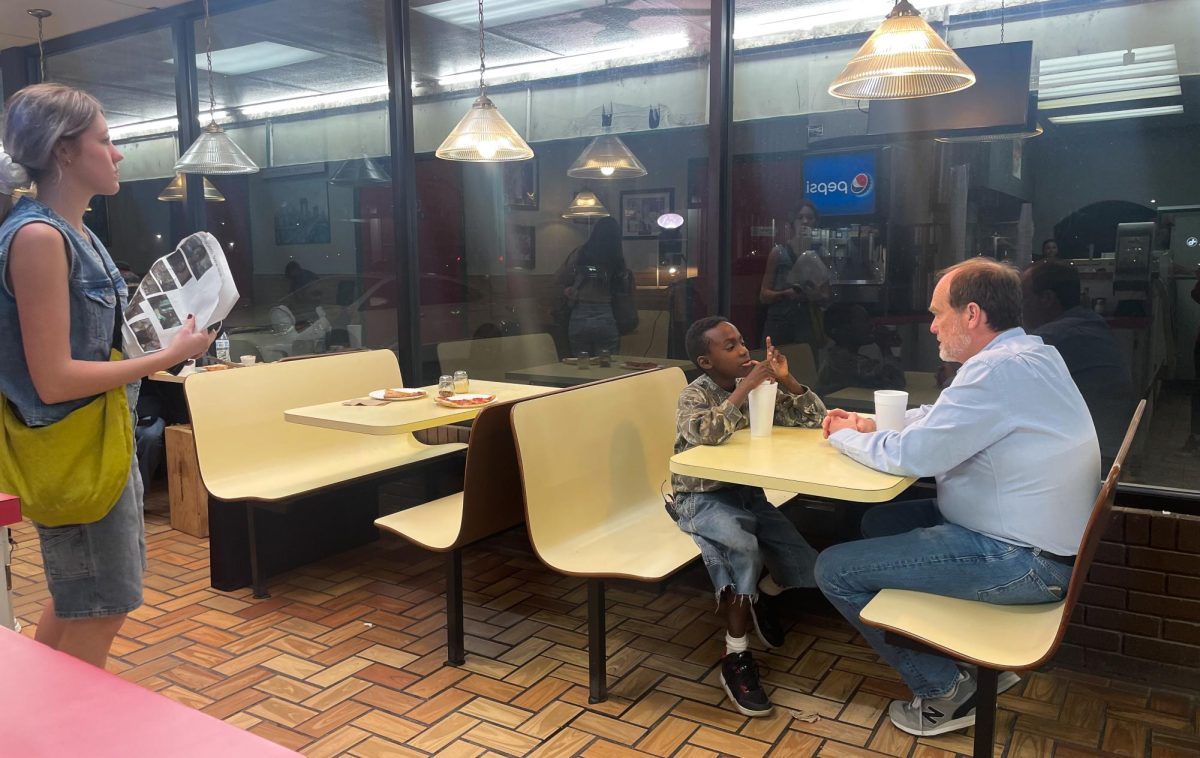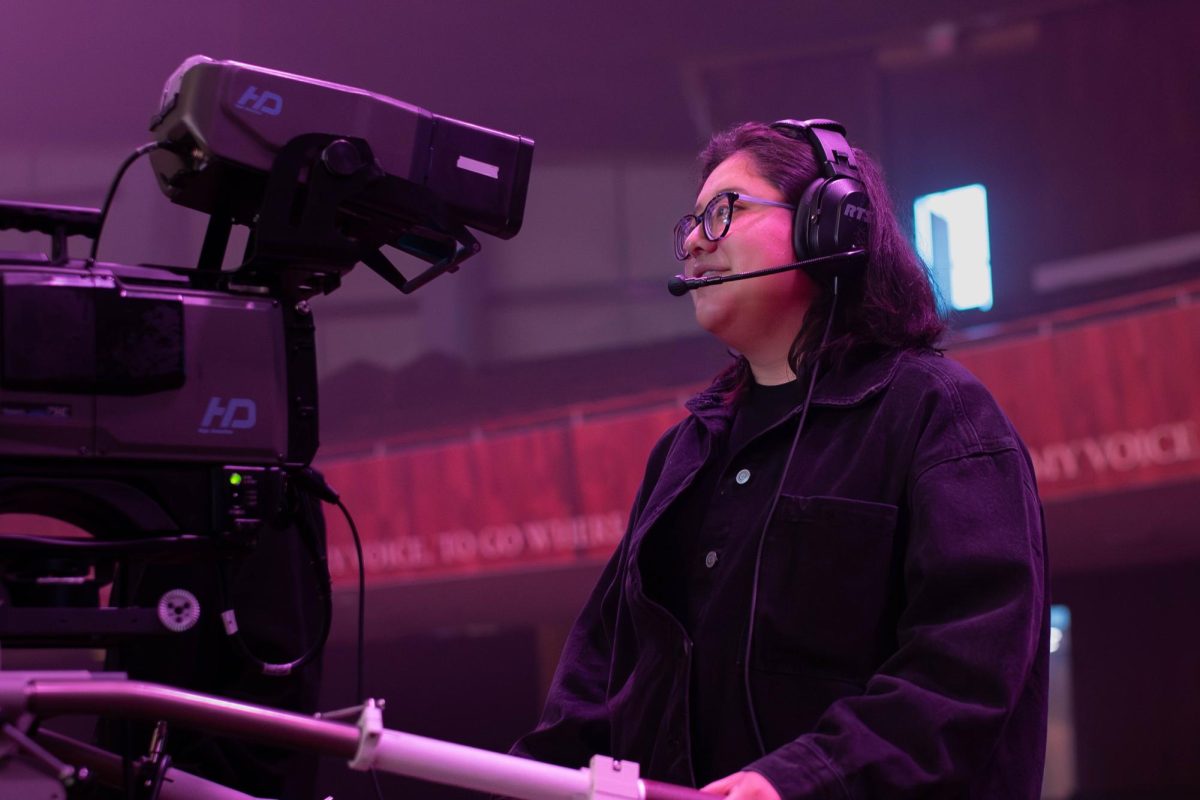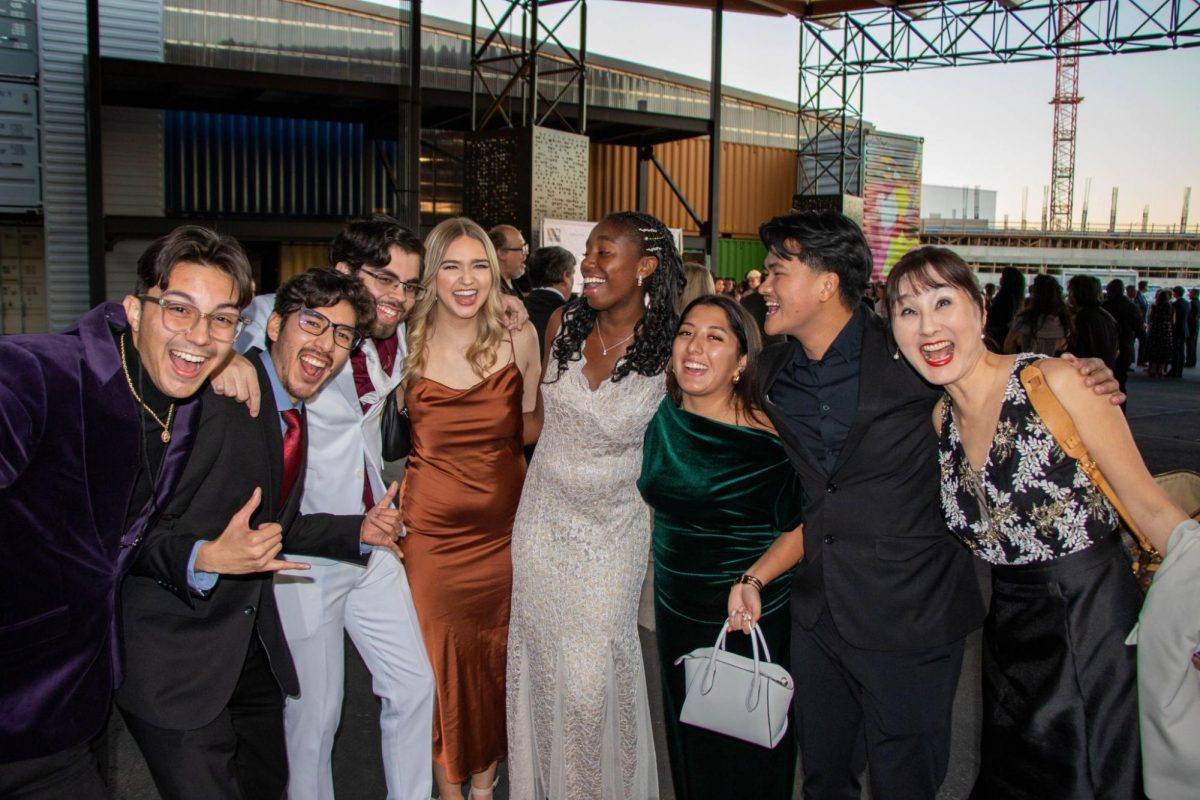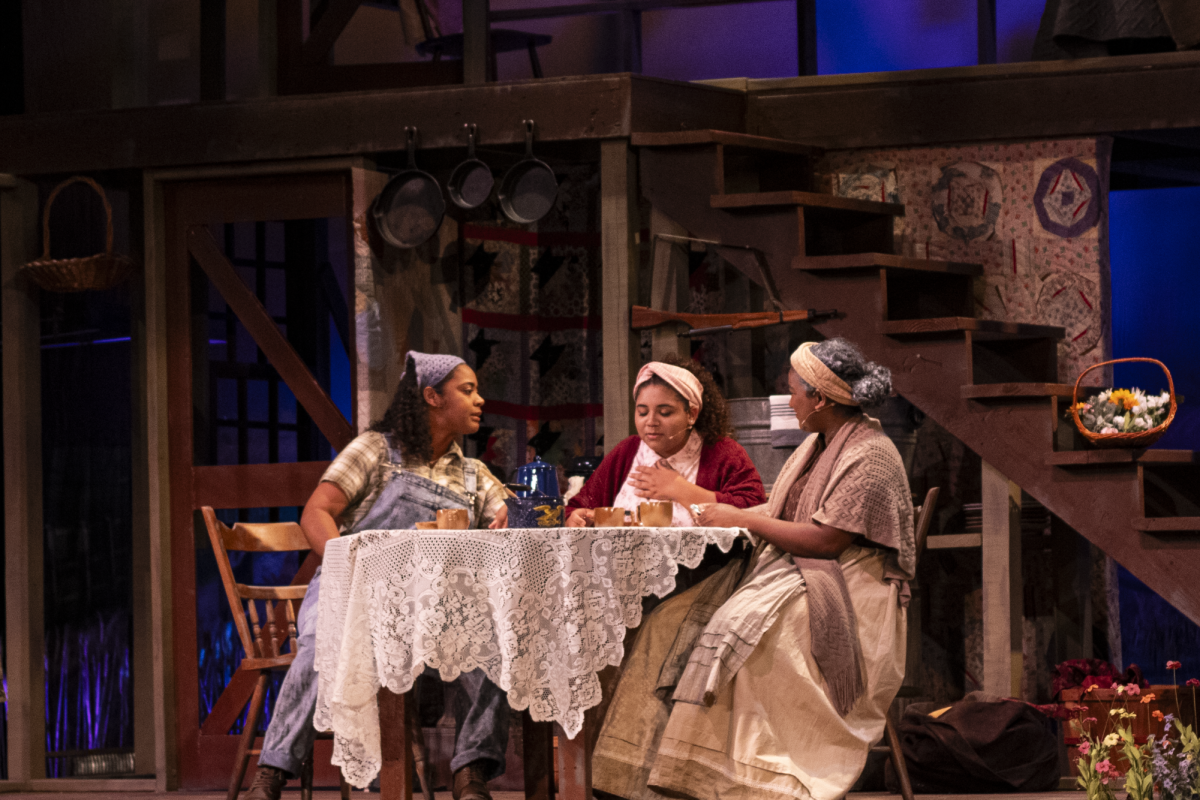Stepping on set was like stepping into pure chaos. Actors were running late while 17 people crowded into one bedroom alongside thousands of dollars’ worth of equipment. And they had only five minutes to set up the next shot.
Krysten Dalton, a junior in Oral Roberts University’s Media Mastery Institute, used an Airbnb as a set last month for her student film, “Amazing Grace.”
The Media Mastery Institute is an intensive, two-year program, for junior and senior students studying cinema, TV and digital media at ORU.
“You learn everything about film and TV production, with a focus on film,” said Dalton. “So we’re learning lighting, we’re learning sound, we’re learning editing, all these things to become well-rounded. So then our senior year, we’ll focus on the parts that we really liked.”
In their junior year, MMI students will make 14 films over the span of 21 days. The students work in two groups with each film shooting in three days. Such a huge undertaking comes with a rollercoaster of ups, downs and complications, students say.
MMI allows junior CTD majors to determine which aspect of the film industry best fits them. They must work together on each other’s films and learn how to do different roles within the film industry.
With Dalton serving as director, the rest of her team included director of photography Michaela Ray, assistant camera operator Adanma Jibunoh, audio engineer Natalia Soto, gaffer Victoriya Ruffin, producer Harry Guifarro and art director Juda Guevara. All are juniors in the program except Ray, who is a senior.
A lot of student films originate from true stories or personal encounters, including Dalton’s film.
“It’s a story from my grandpa’s ministry,” said Dalton. “It’s based off of a kid that I kind of have grown up around and that my family has taken in.”
“Amazing Grace” follows the story of a child named Emanuel, played by child actor Patrick Bippus.
“Growing up that way, in a bad situation,” Dalton said. “His parents were abusive and neglectful and the (foster) system abused him.”
Student films take a lot of time, dedication and money to make. Dalton spent $1,200 on her project while her team worked 13 to 14 hours per day and across multiple sets.
“We have a card that swipes into the (Graduate Center) 24 hours a day … because we work 24 hours a day,” Dalton said, “We’re not sleeping very much at all. It’s crazy, and also it’s very isolating at times. The main people that I see now are my friends in the program. That’s about it.”
Ray, having participated in the program last year, also feels the stress and intensiveness of the program, especially in the weeks when filming.
“Overall, is it a lot of work? Yes,” said Ray, whose project won the Best Student Film Award at last year’s 168 Film Festival in Fayetteville, Georgia. “Absolutely it is hard work, but that is the gift of it.”
Dalton describes the MMI program as “one of the most impactful things in my life.”
“It’s genuinely terrible on your mind and your body and your spirit at times but in spite of this, we stick it out because God has put dreams and stories inside of our hearts that we need to get out,” said Dalton. “And even if it’s horrible and terrible in the process, at the end of the day, we’re going to come out with something beautiful that’s worthwhile.”
The 14 MMI student films will be shown May 1 at 7 p.m. in the Global Learning Center during ORU’s annual Film Gala. Admission is free and open to the public.
